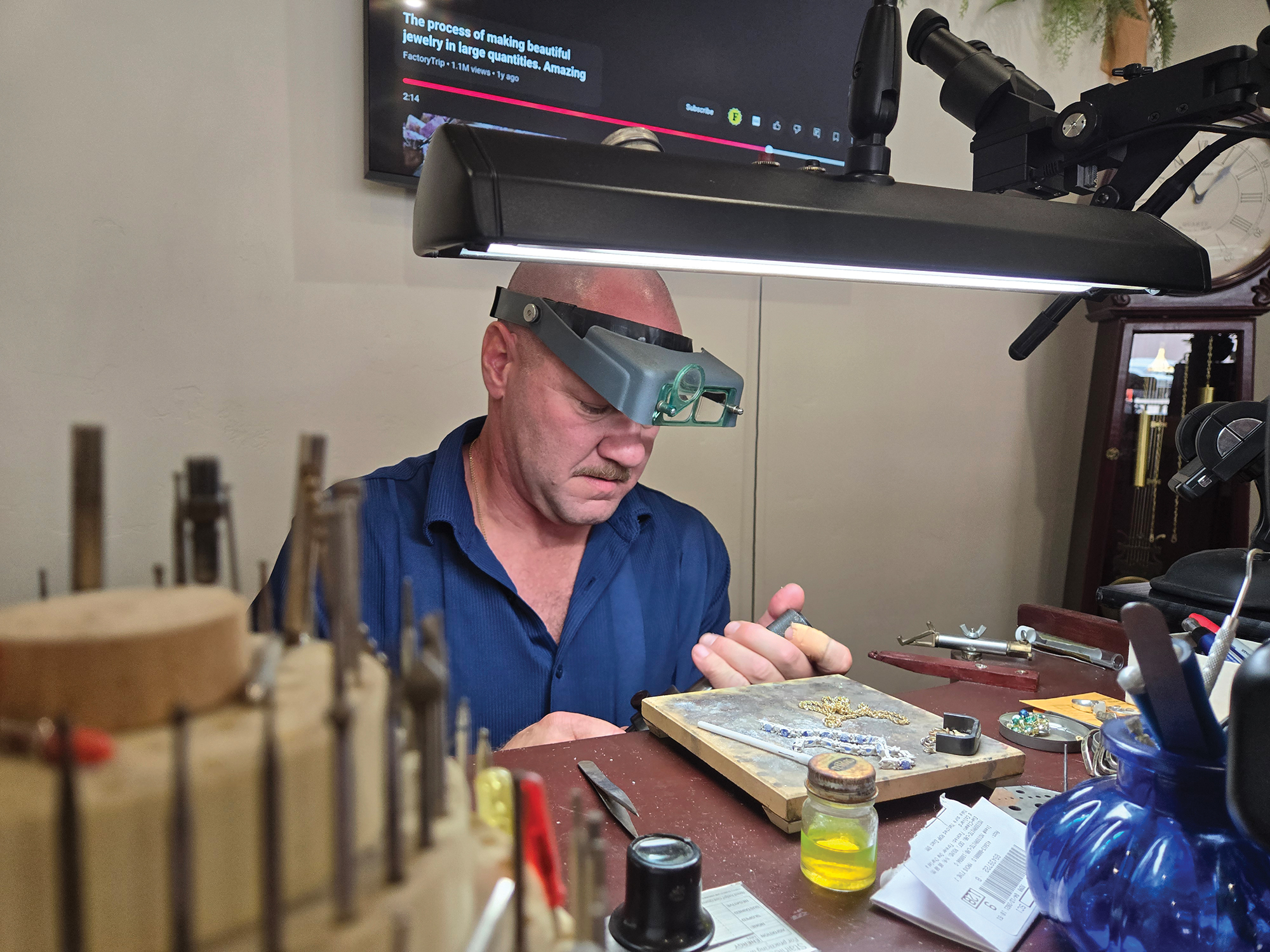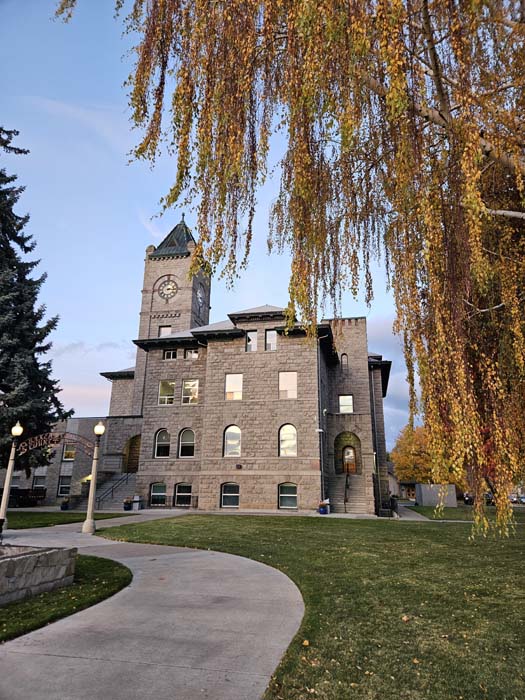Treasurer candidate visits Baker
Published 12:00 am Friday, June 6, 2008
By MIKE FERGUSON
Baker City Herald
Allen Alley’s resume isn’t one you’d expect of a candidate for Oregon Treasurer.
He co-founded the Tualatin-based semiconductor chip-maker Pixelworks, worked as an engineer for Ford Motor Company and Boeing, and co-chaired the Oregon Business Plan, which seeks to grow the state’s economy in sustainable and environmentally sensitive ways.
Perhaps most surprisingly, Alley, a Republican, spent 14 months as Democratic Gov. Ted Kulongoski’s deputy chief of staff before resigning this spring to run for treasurer.
That’s the extent of his public-sector experience.
andquot;It was a great experience working for the governor,andquot; Alley said. andquot;He gave me a wonderful opportunity to see what government work is really like. When I announced (for treasurer in March), the governor was very helpful and respectful. He said, ‘Once you make the decision, I don’t want you campaigning from this office,’ so I resigned the next day.andquot;
Alley was in Baker City this week to andquot;educate folks on my background. I’m not as well known as some politicians.andquot;
He held a dinner for supporters Tuesday at the Geiser Grand Hotel.
Alley faces State Sen. Ben Westlund, D-Tumalo, on the Nov. 4 ballot.
Alley may have the best shot of any Republican running for statewide office, considering Democrat John Kroger is unopposed for Attorney General and Kate Brown, a state senator from Portland, faces relatively unknown GOP candidate, former TV newsman Rick Dancer, for Secretary of State.
Kulongoski, re-elected in 2006, is not on the ballot this fall.
The most important aspect of the job Alley seeks, he said, is managing the state’s $80 billion portfolio, the 41st largest government fund in the world and the 21st largest in the nation.
Of the$80 billion total, $65 billion of the portfolio is the PERS account that pays pensions to retired state workers.
andquot;Managing that money is the biggest responsibility you haveandquot; as treasurer, Alley said. andquot;If for some reason we don’t do a good job with those funds, we still have to pay the retirees, so the preservation of that fund is important. If we manage it properly, we won’t have to reach into our paychecks to pay for it.andquot;
Alley said he believes his experience as a venture capitalist and businessman andquot;is a great background for doing that. It may be unique.andquot;
The treasurer’s other main responsibility is as one of three members the governor and secretary of state are the others of the State Land Board.
That board has broad authority to direct the managent of the 2 million acres of Oregon owned by the state. Money generated goes to recipients that include the Common School Fund.
With about 6 percent of Oregon managed by the board, Alley sees andquot;a real opportunity to manage lands to be less prone to forest fires and to do a better job of trapping and holding carbon dioxide.andquot;
The decisions the board makes affect agricultural producers and other residents of Eastern Oregon because the State Lands Board must decide if, for example, the potential use of waterway falls under the requirements of the federal Clean Water Act.
andquot;From an Eastern Oregon perspective,andquot; Alley said, andquot;that is a pretty big issue.andquot;
That second opportunity known as carbon sequestration is a relatively new concept, he said, but it’s still important. Alley considers wood and not the building materials of choice for so many builders, steel and concrete to be andquot;the most sustainable building product of anything we have, if managed and harvested in an appropriate manner.andquot;
If elected, he’s not convinced he must relinquish the chairman of the board position he still holds at Pixelworks.
Retaining the job while serving on Kulongoski’s staff helped him serve the governor and the people of Oregon better, he said.
andquot;I would go to (Pixelworks) board meetings in China, then come back and tell the governor what I saw,andquot; he said. andquot;It is a perspective you would never get in the government.andquot;
He said his business background will lead him to use a andquot;return on assetsandquot; barometer to measure how more than just funds are performing, he said.
andquot;By ‘return’ I mean in all senses, including habitat, harvest and recreation,andquot; he said. The test will be, andquot;is this an asset that is being developed in the best possible way?andquot;
He said he hopes to work with legislators to boost the state’s Rainy Day fund to several billion dollars, several dozen times what it is now.
Say, for example, the fund stood at $10 billion almost two-thirds the state’s biennial budget. The Legislature could then evaluate every tax in Oregon and do away with the most regressive ones, Alley said.
He cited this example legislators might consider: removing fees Oregonians pay to use their state parks, since it costs people of moderate means proportionately more of their income to pay user fees.
andquot;I think (evaluating state taxes and fees) would be a wonderful place to get to,andquot; Alley said. andquot;We talk fiscal responsibility, but not enough to be able to go after some of the existing taxes we have.andquot;






